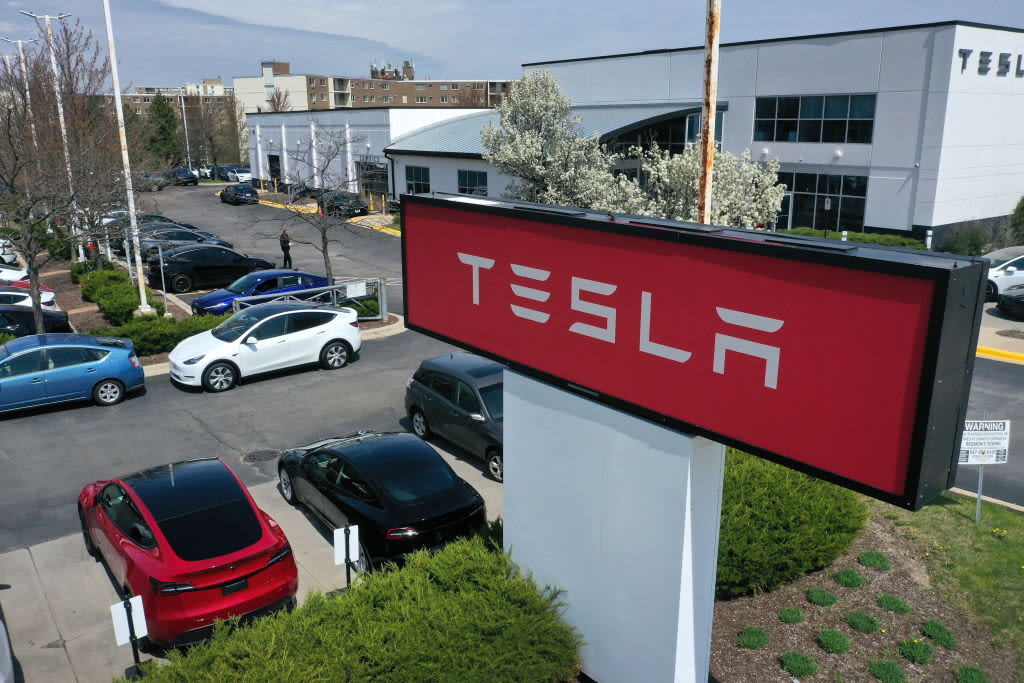WASHINGTON - Everyone here is focused on the Gulf of Mexico, but in the White House they’re also keeping a close eye on another oily, dangerous spill: the Chicago corruption trial of former Illinois Gov. Rod Blagojevich.
President Barack Obama and his aides have reasons to be concerned – not legally, but politically.
As Blago defends himself against influence-peddling charges – including one involving an Illinois U.S. Senate seat – he is likely to argue that he merely was conducting political business-as-usual in the state.
And that is where the White House could come in.
One of the counts involves the efforts of Blago and his circle to procure a job or campaign donations in exchange for choosing a particular candidate to fill Obama’s unexpired term after he was elected president.
As evidence for his contention that there was nothing illegal or unusual about this, Blago’s defense team may decide to call witnesses to explain the administration’s own backroom maneuvers in other Senate races, specifically this year’s Pennsylvania and Colorado Democratic primaries.
And that court move, in turn, could put White House wheeling and dealing – already a hot topic of GOP attacks on the Hill and in the blogosphere – front and center.
U.S. & World
Stories that affect your life across the U.S. and around the world.
Among the witnesses Blagojevich’s defense team has subpoenaed: White House chief of staff Rahm Emanuel and top Obama adviser Valerie Jarrett. Neither is accused of wrongdoing and both are expected to say they had no knowledge of illegal conduct by the former governor.
But Emanuel and his staff have been involved this year in at least two efforts to entice candidates to drop out of Senate primaries with talk of administration jobs: Rep. Joe Sestak in Pennsylvania and Andrew Romanoff in Colorado.
But there’s no legal similarity here. Blago and his team are accused of demanding jobs or campaign cash, and they are on tape saying as much. In attempting to manipulate primary slates, Obama & Co., were operating within a pretty well-recognized (and legal) area of political gamesmanship, and no one in the White House was trying to benefit financially.
“Blagojevich is on tape saying he wanted to ‘cash in on it,’” a top White House official told me, declining to give his name because he didn’t want to discuss a pending federal case on the record. “That’s pretty different.”
Sheldon Sorosky, one of Blagojevich’s lead attorneys, says that for now, the defense has no plans to make a general “business as usual” argument in the corruption case. “That doesn’t work well in Chicago,” he said.
But that could change. One key defense witness, who spoke only on the condition of anonymity because he has yet to tesify, told me he expects to Blago to make that very argument on the criminal count involving the Illinois Senate race. “Why wouldn’t he?” the witness asked. “This is Blagojevich’s only trial, his only chance to save himself. He’s going to make every argument he can make in this thing. That has to be one of the reasons why Emanuel is on the witness list.”
Andy Shaw, a veteran Chicago reporter who now heads the Better Government Association in the city, agrees. “It’s as logical as it can be,” Shaw said. “I’m not sure that Blagojevich’s lawyers yet know everything they are going to try, but why wouldn’t they do that if they’ve got Rahm on the stand? Rahm’s in the odd and uncomfortable position of being asked to defend Blagojevich. That’s one way to try to do it.”
(Emanuel did not respond to a request for comment.)
Meanwhile, Republicans on the Hill are trying to turn up the heat on the White House, asking the Office of Special Counsel to investigate the White House’s effort to entice Sestak to drop out of the primary race.
If Republicans are looking for more answers on the Pennsylvania story, they could get them, ironically, in Chicago this summer.



